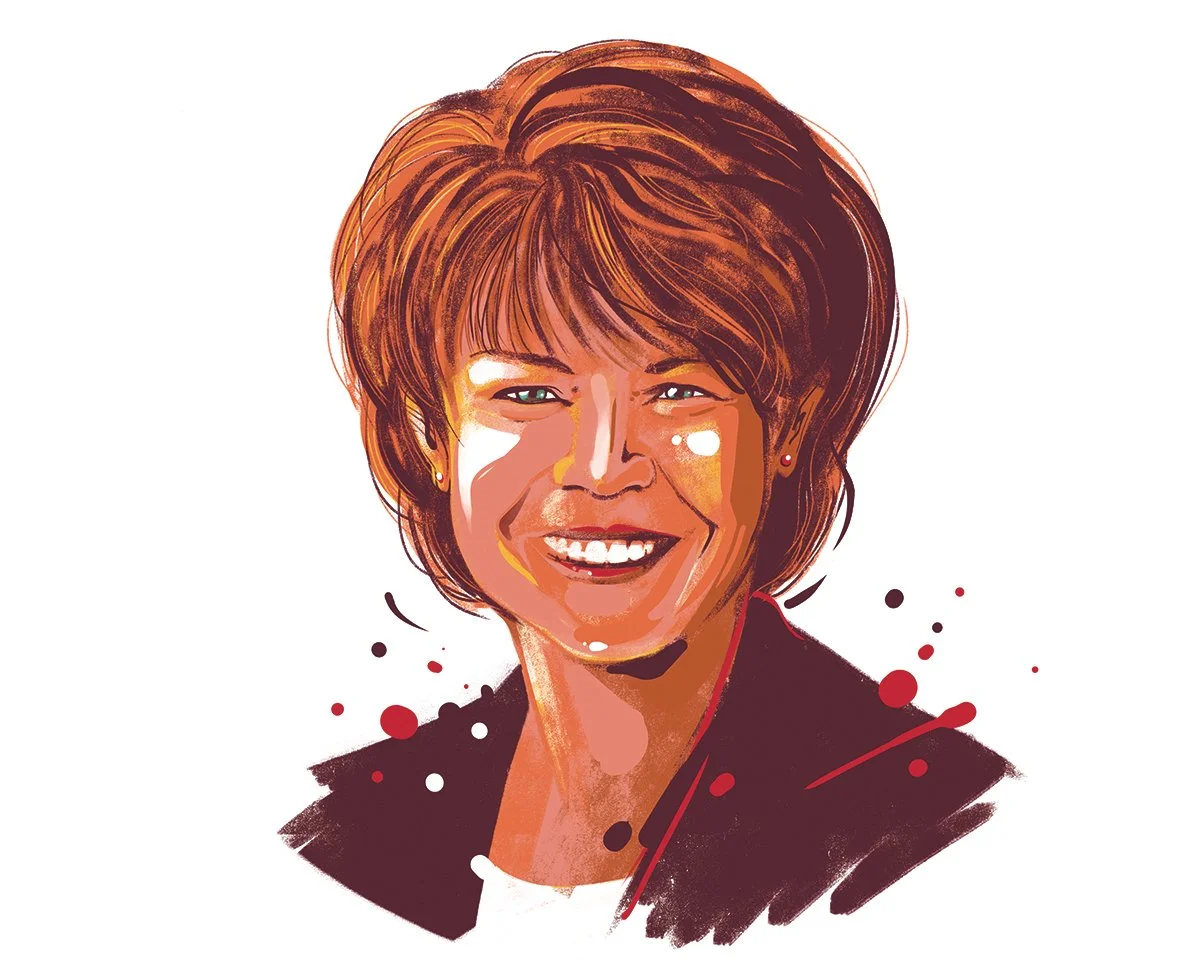Sharon Eubank
Distinguished Humanitarian Award
Service to others is at the core of what drives Sharon Eubank in her life and work. For the past 25 years, Eubank has served in the Welfare Self-Reliance Department of The Church of Jesus Christ of Latter-day Saints, leading the Church’s humanitarian efforts worldwide. In this role, Eubank has overseen community-building initiatives in Africa, Europe, and the Middle East. Today, her purview has expanded to include the Church’s Perpetual Education Fund, a global loan program for students, as well as JustServe, an online platform connecting volunteers to service opportunities.
Eubank is passionate about finding ways to help people improve their communities by applying their talents and energy to the places they live.
“When you think about humanitarian work, people often think that they’re going to go somewhere else, and they’re going to do something in an exotic location,” Eubank said. “But in my experience, the most powerful thing we can do is engage in our local communities. We speak the language, we know the culture, and we can be so powerful in the place where we live.”
As the recipient of this year’s Distinguished Humanitarian Award, Eubank reflects on her unique position to carry forth the Church’s mission of improving lives across the globe—and how that spirit of humanitarianism has been a guiding star since the pioneers’ arrival to the Salt Lake Valley in the mid-1800s.
“... in my experience, the most powerful thing we can do is engage in our local communities. We speak the language, we know the culture, and we can be so powerful in the place where we live.”
She recalls a moment of history when residents of the valley were concerned about the infant mortality rate and went door-to-door collecting funds to send six pioneer women to medical school. When they returned five years later, these women trained a contingent of nurses and midwives whose newly developed skills saved the lives of mothers and babies for years to come. Now, more than 150 years later, Eubank is highlighting one of the Church’s flagship humanitarian projects in the Middle East: the Nursing and Midwifery Development Center in the Kurdish region of Iraq.
“The Church’s earlier pioneer experience reducing infant and maternal mortality came to bear when the Latter-day Saint Humanitarian team was sitting in a tiny little office in northern Iraq with a passionate nurse who wanted to train nurses on how to save mothers and babies,” Eubank said. “It allowed us to connect the experience we had here in Salt Lake City and ask her, ‘How can we help your communities who are losing babies in preventable ways?’”
“To tie those 150 years together was really meaningful to me,” she added.
For Eubank, the success she has achieved throughout her career can be largely attributed to the educators and mentors who taught her about the compassion, staying power, and empathy that is foundational to humanitarian work.
“And to the many doctors, nurses, and midwives who have come from the University of Utah and volunteered their vacation days and expertise to teach medical colleagues around the world,” she said, “I’m truly grateful for the role that the University of Utah has played and for the many medical professionals who have helped. I couldn’t be happier to represent their work in this award.”

